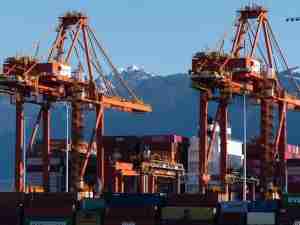The 15th confirmed violation by U.S. beef suppliers since Tokyo last resumed imports in July 2006 came as Japan's Food Safety Commission, upon request from the health ministry, is scheduled to start reviewing the existing import rules on U.S. and Canadian beef.
Japan, which has tightened regulations on beef imports following the outbreak of mad cow disease, known as bovine spongiform encephalopathy or BSE, currently allows imports of beef only from cattle aged 20 months or younger and excludes parts considered as risky.
The rules, in place since 2005, have caused U.S. imports to plunge and Australian beef to gain market share in Japan's 500,000 tonnes-a-year imported beef market.
The inclusion of vertebral column in a cargo checked on Dec. 19 resulted in Japan's halting of beef imports from the Grand Island plant of Jbs Swift & Co in Nebraska.
A health ministry official said he did not think this latest case would have any impact on the upcoming review.
Approval by the country's food safety watchdog would be the final hurdle to relaxing the current restrictions, and Washington has welcomed the start of this process as a sign of Tokyo's interest in joining talks on an Asia Pacific free trade pact.
"The fact that the prohibited part was found in a package without proper documents suggests the supplier may not have intended to ship it to Japan," the official said.
"Finding the part before entering the market here also shows our checking system works well," he added.
Tokyo has requested detailed reports on investigations on this case by U.S. authorities, the country's farm and health ministries said in a joint statement. (Reuters)








